Tim Harford looks at the value of messiness. He has written widely on this topic, but in this article he focusses on tidy desk policies.
Researchers compared the impact of company policies on workspaces. Crucially, as well as looking at rules for tidiness, they also examined the impact of letting office users themselves change the environment.
“The empowered office was a great success — people got 30 percent more done there than in the lean office, and about 15 percent more than in the enriched office.These are large effects; three people in empowered offices achieved almost as much as four people in lean offices. The enriched office was a modest success, but the disempowered office produced low productivity and low morale.”
Venues often set up meeting spaces with pristine table cloths and symmetrical arrays of tables. We often respond by getting people to shift tables away and create a more informal arrangement. There are times when a sense of order can be reassuring, but when you want change and action, a measure of disturbance can be more motivating.
Harford goes on to describe how NASA researchers set up a challenging undersea work environment. They found that participants preferred to cook their own basic food from tins rather than eat the elaborate food that had been prepared for them in advance.
This echoes our own experience in facilitation where we sometimes have a barbecue and get participants, not venue staff, to do the cooking – it’s then described as the best part of the event.
Of course, moving furniture and doing food differently might sound a little trivial, even if we think they do have positive consequences. But they also reflect a key design principle: to build events around the ideas and efforts of participants, rather than arriving with preconceived notions of what people need to learn.
We want active, engaged participants and there’s a cost to excessive tidiness and discipline. We favour interventions that give participants power to direct things. We can live with a certain amount of messiness – that’s what emergence looks like.
(Photo by Ashim D’Silva on Unsplash)
